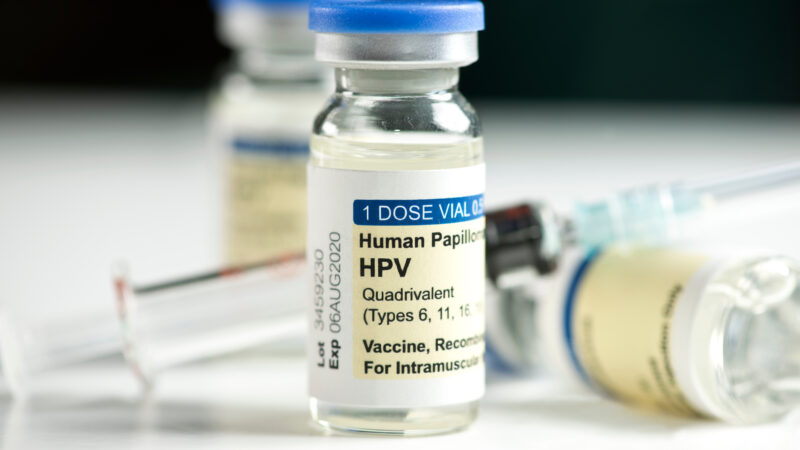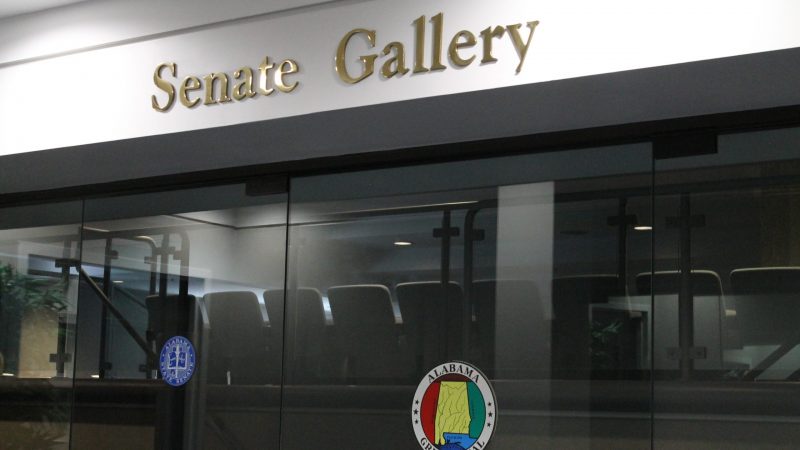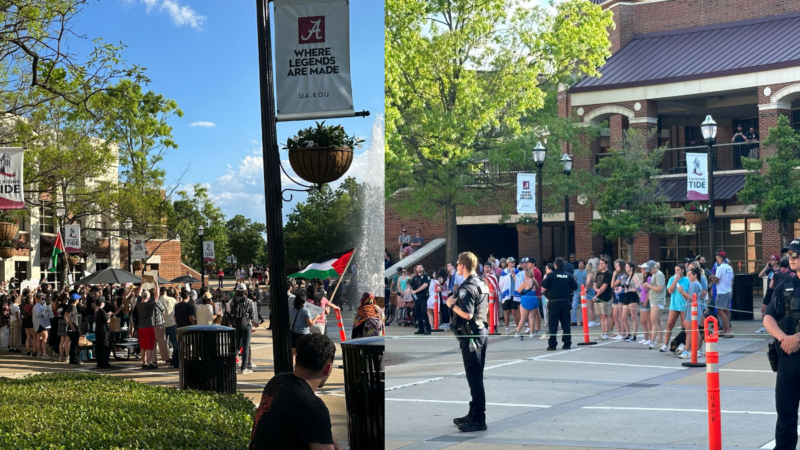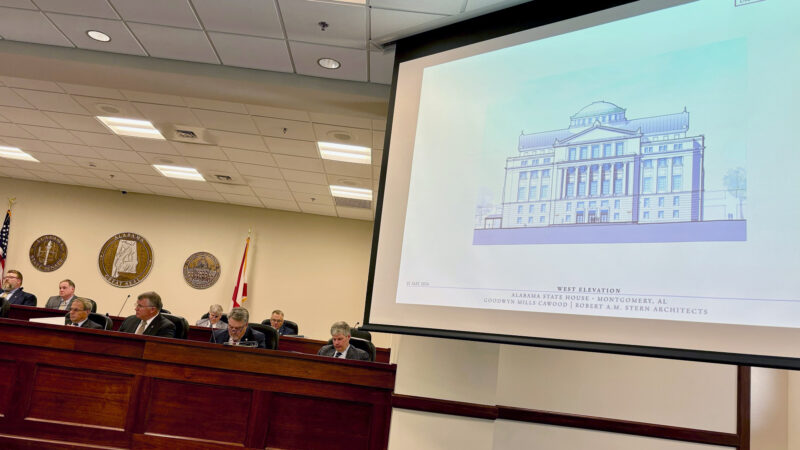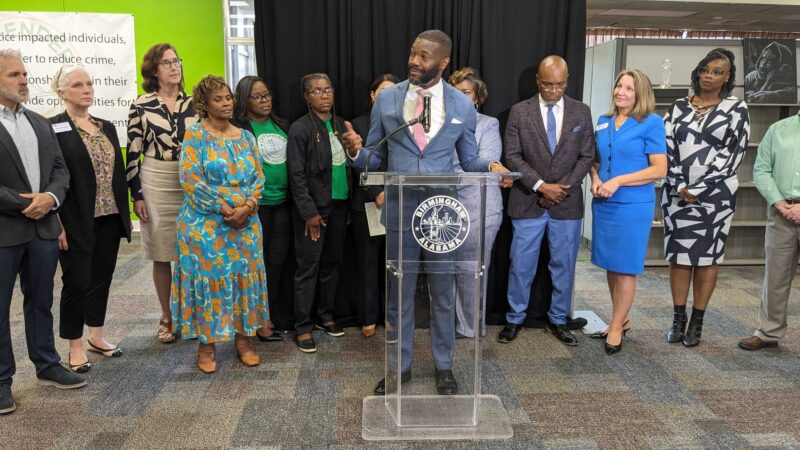Alabama health officials seek to eliminate cervical cancer by 2033
Alabama ranks third in the nation for its rates of cervical cancer incidence and mortality, and those rates haven’t changed in 20 years.
“This is not acceptable,” Nancy Wright said during a press conference Monday. “Cervical cancer is preventable. And it’s stoppable.”
Wright, who directs the cancer prevention and control division at the Alabama Department of Public Health (ADPH), is working with a team of providers and experts from across the state to launch “Operation Wipe Out Cervical Cancer Alabama,” a campaign that aims to end cervical cancer by 2033.
ADPH officials plan to achieve the goal by aggressively pursuing three strategies:
- Vaccinate more kids against the human papilloma virus (HPV), the virus that causes most cases of cervical cancer.
- Increase screenings for cervical cancer among women aged 21-65.
- Connect more women who receive abnormal test results to appropriate follow-up care.
Although HPV vaccination is thought to prevent most cases of cervical cancer, rates of vaccination in Alabama are low. Data from 2022 show that roughly 27% of young adults between the ages of 18 and 26 have completed a full two dose series of the HPV vaccine, which is recommended during childhood and adolescence. Officials hope to significantly increase those numbers through education and outreach.
“This is a historic plan. This is a milestone for us,” state health officer Dr. Scott Harris said. “We really believe that we have the tools and the knowledge to eliminate cervical cancer in our state, and with your help we know that we can do it.”
ADPH officials are working with researchers at UAB Hospital, Auburn University, state and local nonprofits and health care providers to implement “Operation Wipe Out.”
They aim to educate and engage patients through community events and public information campaigns, as well as increase access to vaccination, screenings and follow-up care by adding resources to county health departments and low-income health clinics.
Gambling bill in doubt with three days left in the legislative session
Alabama lawmakers are coming down to the finish line for this year’s legislative session. Many bills await passage, but perhaps the biggest one up in the air is a lottery and gambling bill.
Pro-Palestinian demonstration draws counter-protest at University of Alabama
Students gathered demanding the school call for a permanent and immediate ceasefire and to push the school to sever ties with defense contractor Lockheed Martin.
A new Statehouse and related projects will cost about $400 million
The Alabama Legislative Council, a 20-member panel comprised of legislative leaders and their appointees, approved the construction of the new Statehouse last year. The panel was given an update on the project on Wednesday.
New pilot program will offer housing, resources to people leaving prison
The Birmingham Reentry Alliance will provide wrap around services to dozens of men and women adjusting to life after prison.
Alabama committee advances ban on LGBTQ+ pride flags in classrooms
The Senate Education Policy Committee voted 5-2 for the House-passed bill, putting the proposal in line for a possible final passage in the last four days of the legislative session.
A New Orleans garden paid hundreds of dollars in fees for a sewer that doesn’t exist
Galvez Garden owner Lissie Stewart has been fighting the New Orleans Sewerage and Water Board over inaccurate billing for years.
